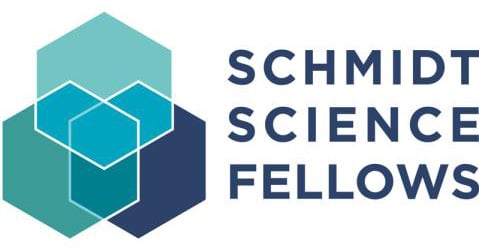What Does It Take to Successfully Commercialize Research?
A technology-transfer expert and biotech spin-out founder explain the steps involved in moving discoveries from the lab to the market.
The UNHCR’s first designer-in-residence Helen Storey talks about why she has donated her creative archive to the University of the Arts London, and how the arts can help people connect with issues such as climate change and the refugee crisis.
In this episode, we talk to social artist, designer and researcher Helen Storey about a career that has taken her from fashion runways to scientific collaborations to, most recently, refugee camps in the Middle East and Africa.
Storey is professor of fashion and science at the London College of Fashion in the Center for Sustainable Fashion at the University of the Arts London (UAL). In May, she donated her 30-year Helen Storey Foundation Archive of about 2,000 digital and physical pieces to UAL. In this interview, she discusses her journey – how she transitioned from award-winning commercial fashion designer to working with scientists on projects that, among other explorations, translate the first 1,000 hours of human life into textiles – and how she hopes the archive will benefit students.
Storey, who was awarded an MBE for Services to Arts in 2009, also shares insights from her humanitarian work. From creating Dress 4 our Time to becoming the United Nations High Commissioner for Refugees’ first designer-in-residence, she explains how these experiences are now intertwined with her work at UAL.
The conversation covers what the arts and science bring to each other, the value of the tactile, and how art can be a conduit for people to connect with overwhelming issues such as climate change, plastics pollution and global displacement.
This episode is sponsored by Schmidt Science Fellows.

Listen to this podcast on Spotify, Apple podcasts or Google podcasts.
A technology-transfer expert and biotech spin-out founder explain the steps involved in moving discoveries from the lab to the market.
From global finance to the laboratory, hear about two very different ways universities can reduce their carbon emissions.
An expert in student belonging and engagement in the digital environment explains the nuances of belonging, mattering and inclusion as well as how to foster well-being in higher education.
Two academics who are steeped in policy expertise, having worked in government in the UK and US, share practical insights on what works when trying to get research before the eyes of decision-makers.
4/5 Articles remaining
this month.